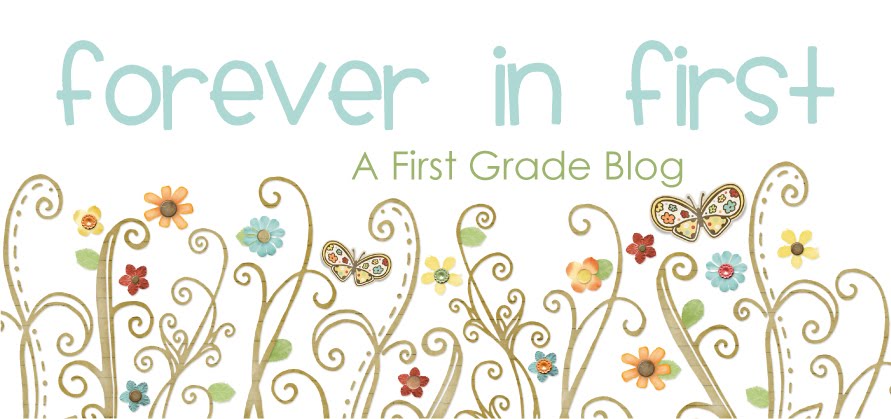Today's Saturday Saying comes to you from my cousin, Kevin Roberts. Once upon a time he was my earth science teacher, but he's been one of Meridian Middle School's assistant principals for many years. He's gracious, tender hearted, and abounding in practical wisdom. He dances a mean polka, and he's one of my favorite Father of the Bride speech givers. I always enjoy our educational conversations whether in the kitchen at church camp or via text messages, so I'm especially honored to share this space with him today. Without further ado...
I was reading some Bob and Maria Goff Saturday morning and was reminded of a lesson my friend and mentor Gerald Bell taught me years ago on the dirt track at Meridian Jr. High. It struck me that I used the lesson again yesterday with a student and that I implement it all of the time as a tool in my administrator tool box.
On that day Gerald, a world class athlete and former member of the Canadian Olympic team, watched me run an interval with the boys and in my youthful enthusiasm I pushed hard and crossed the finish line first. Gerald approached me gently and suggested that a better strategy is to push them, but not beat them. Then he modeled the strategy for me and I enjoyed using the strategy with him while running with our team. I discovered that the satisfaction of pushing them and watching them improve was so much greater than having them think I was faster than them.
As an assistant principal part of my job is to help students identify the reason they are spending time with me. But I don’t beat them to the finish line, I lead them to it. Like running intervals, this can be hard work and it may require repetition, but it is rewarding and worth the effort.
Grateful for my teacher, my coach, and my friend.
Gerald, thanks for pushing me to grow and learn, even after all these years.








